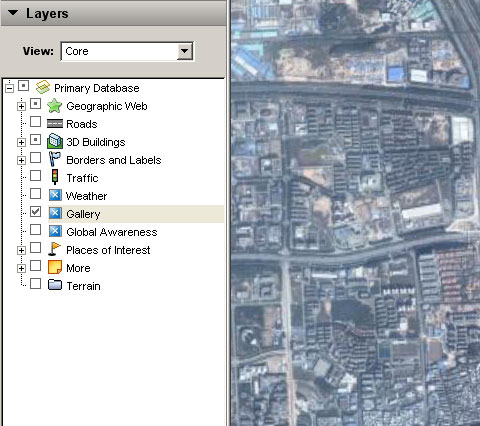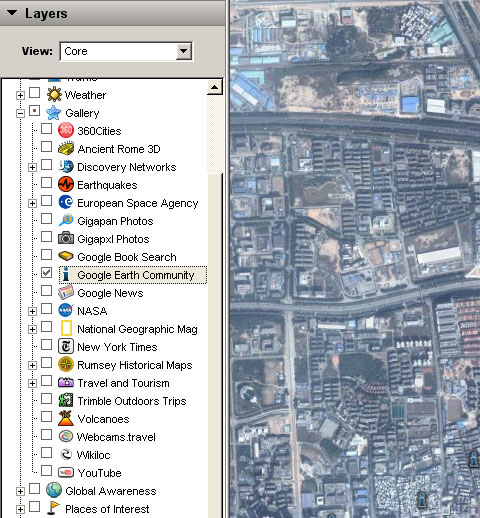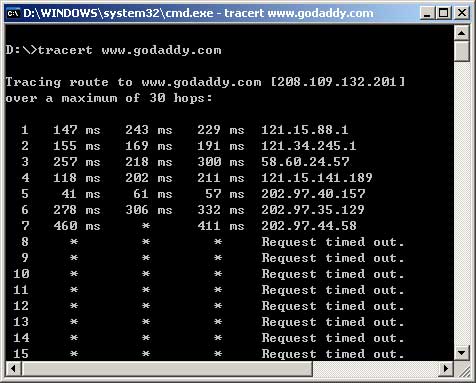Google's map and satellite-photo service offered Chinese Internet users something they rarely could see: a bird's-eye view of the secret compound of Zhongnanhai(located west of the Forbidden City), where the country's top leaders live and work.
But in recent weeks, some layer of Google Earth(such as Google Earth Community) could not load and work in China. The Google Earth Community is an online forum which is dedicated to producing placemarks of interesting or educational perspectives. It may be found on the Google Earth webpage or under the Help section on the program itself. After downloading a placemark, it will automatically run Google Earth (if not opened), and fly to the area specified by the person who placed it. Once there, you can add it to your "My Places" by right clicking on the icon and selecting "Save to My Places". Additionally, anyone can post a placemark for others to download; as long as you have an account.

When I run a proxy program, and open Google Earth again, the Google Earth Community layer is right there, everything is ok.

Then I close the proxy program and click the layer again, it's tell me "Fetch of NetworkLink failed(http://mw1.google.com/): Connect Failed."

That mean the Weather,Gallery and Global Awareness layer is blocked in China. Google Earth Community is in the Gallery layer, so it cannot be open again.
If the Chinese government is blocking its own citizens from seeing where their leaders live, whereas the rest of the world can see just fine, we're talking some major institutional paranoia.

